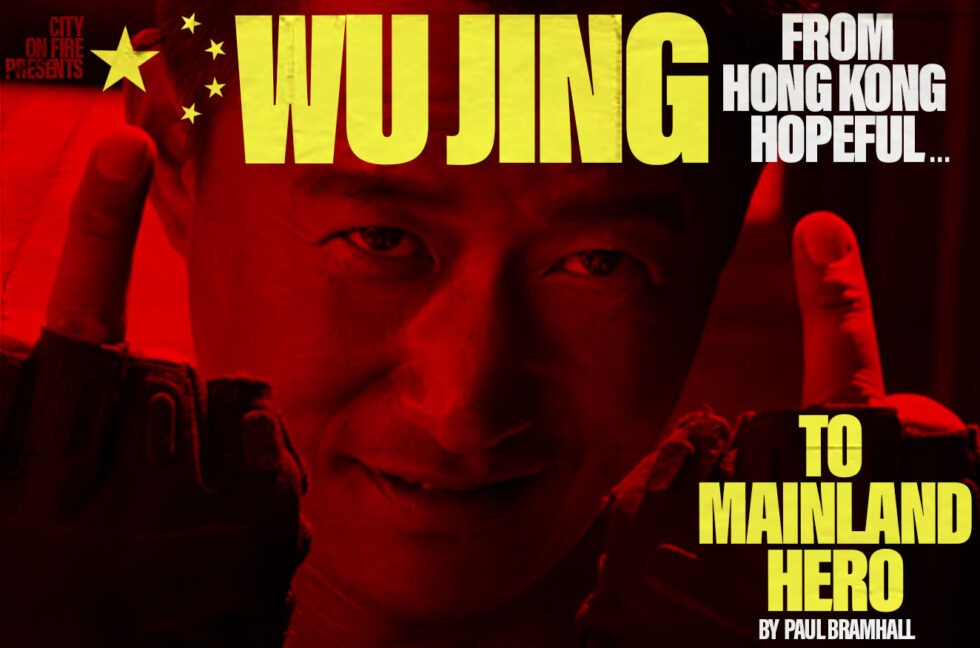
Прошло почти 25 лет с тех пор, как Ву Цзинь (он же Джеки Ву) дебютировал на гонконгских экранах в 1996 году в фильме «Боксер Тай цзи» («Мастер тай цзи 2»), после которого в нем увидели нового Джета Ли частично благодаря тому, что их связывает участие в пекинской команде по ушу. Хотя можно поспорить, каким критериям нужно соответствовать, чтобы подтвердить предсказание о новом Джете Ли, но что бесспорно – Цзинь переоткрывает себя почти каждые 10 лет. Микс его собственных амбиций в равной степени сочетался с атмосферой того времени, причины каждого переоткрытия варьировались от коммерческих до политических, что делало его одним из самых интригующих членов того, что можно считать последней группой звезд боевых искусств Китая.
На момент написания статьи Цзинь - одна из самых кассовых звезд в Китае, является хэдлайнером двух самых кассовых фильмов Китая всех времен: «Битва на озере» 2021 года на первом месте, за ним следует срежиссированный им самим «Война волков 2» 2017 года. Покорив Китай, этим летом он собирается нанести удар по Голливуду, снявший с Джейсоном Стэйтэмом в «Мег 2», подразнивая перспективой увидеть кун-фу против Мегалодона.
Для того, кто на протяжении многих лет считался парнем, который просто не мог поймать заслуженный шанс, к его 50-летию можно с уверенностью сказать, что все наладилось. Самый интересный аспект восхождения Ву Цзиня к славе бокс-офиса это то, что это случилось довольно другим путем, чем многие фанаты, которые узнали его в 90х и нулевых могли ожидать В этой статье мы рассмотрим то, что мне нравится называть "тремя сезонами Ву Цзиня". Почему только три? Слава Цзиня пока что не собирается сходить на нет, так что, шансы на четвертый далеко впереди.
Зима: начало - с 1996 по 2004
В то время, когда Гонконгу оставался всего лишь год до возвращения Китаю, большинство крупнейших звезд территории запрыгнули в корабль до Голливуда, а традиционные фильмы о кунг-фу надолго вышли из моды. Тогда режиссер Юэнь Ву-Пин решил дать дебютировать своему последнему открытию - Ву Цзиню в фильме «Боксер Тай цзи» 1996 года (который, в частности, на некоторых территориях был выпущен как «Мастер тай цзи 2», рекламируя его как продолжение фильма 1993 года с Джетом Ли в главной роли). Выбирать незнакомое лицо на роль звезды в жанре, который больше не был таким популярным, возможно, было рискованно, но нельзя отрицать то, что в качестве исполнителя главной роли 21-летний Цзинь продемонстрировал приятное обаяние, украсив это впечатляющими навыками экранного боя, показав, что он чего-то стоит. Яркими схватками против "новой крови гвайло" - британца Даррена Шахлави и всегда надежного Билли Чоу под хореографией Ву-Пина каждый показал первоклассное экшен-представление.
Каким бы солидным ни был фильм о кунг-фу «Боксер Тай цзи», ему не было суждено принести большие кассовые сборы, поэтому неудивительно, что этого не произошло. Несмотря на это, точно так же, как Ву-Пин был ответственным за запуск карьеры Донни Йена в предыдущую декаду (и продолжал работать с ним всего за пару лет до «Боксера Тай цзи» с фильмом «Вин Чун» 1994 года), в какой-то момент казалось, что легендарный хореограф собирался сделать Ву Цзиня своей новой музой в 2000-е годы. Через пару лет после «Боксера», когда жанр фильмов о кунг-фу уже был не котируемым, пара воссоединилась для съемок 28-серийной драмы о боевых искусствах на материковом телевидении «Мастер тай цзи» (которая была выпущена Тай Сенгом в перемонтированной полнометражной версии в США на DVD). Если не считать явного низкого качества, созданного для телевизионного просмотра, который характерен для материковых сериалов той эпохи, Ву-Пин еще раз продемонстрировал солидное представление навыков Цзиня, даже несмотря на то, что оба их таланта в данном сериале были урезаны до работы на арене материкового телевидения, что, конечно, смотрелось недостаточно привлекательным. Так получилось, что это недоразумение оказалось необоснованным, но, к сожалению, только для одного из них – и это был не Ву Цзинь.
Относительно неизвестный голливудский режиссерский дуэт Братья Вачовски пригласил Ву-Пина поехать в США и не только поставить хореографию фильма под названием «Матрица», над которым они работали, но и провести актерский состав через интенсивную программу обучения экранным боям перед съемками. Это была уникальная возможность и Ву-Пин, по понятным причинам, сказал «да», и в результате Цзинь остался за бортом.
Не имея возможности установить такие же прочные отношения с легендарным хореографом, которыми был награжден Донни Йен, и, по-видимому, не имея возможности вернуться в Гонконг, Цзинь продолжил карьеру в сериалах о боевых искусствах на материковом телевидении. На протяжении 2000-х годов он играл главные роли или одного из главных героев в восьми сериалах (и второстепенные роли еще в нескольких) с такими названиями, как «Шаолиньский Король боевых искусств» (2002), «36-я комната Южного Шаолиня» (2004) и "Ву Дан" (2005). И только когда Ву-Пин вернулся в Гонконг после завершения производства «Матрицы», Цзинь снова вернулся на экраны кинотеатров Гонконга, однако он больше не в главной роли, а в роли второстепенного персонажа в сиквеле «Легенды о воинах Зу» Цуй Харка 2001 года - в фильме он бился против своей соотечественницы из Пекина Чжан Цзыи.
Роль Цзиня стала одним из тех редких случаев приземленного экшена в спектакле полного спецэффектов, когда Ву-Пин поставил бой на мечах между Цзинем и Цзыи (с которой Ву-Пин также воссоединился после совместной работы в прошлом году над фильмом «Крадущийся тигр, затаившийся дракон»). Хотя такой автор, как Цуй Харк за предыдущее десятилетие создал некоторые из значимых работ таких мастеров боевых искусств, как Джет Ли («Однажды в Китае I–III») и Винсент Чжао («Лезвие», «Зеленая змея»), казалось, что появление Цзиня, скорее всего, состоялось благодаря Ву-Пину, а не Харку. На самом деле им потребовалось 20 лет, чтобы снова сотрудничать в фильме «Битва у озера», и в следующий раз мегазвездой будет уже Джеки Ву, а Харк окажется сорежиссёром военного фильма, ориентированного на материк, вместе с Чэнем Кайге и Данте Ламом.
В начале 2000-х годов могло показаться, что Цзинь должен был стать звездой материковых телесериалов с только второстепенными ролями в гонконгских фильмах, но в 2003 году удача снова улыбнулась ему. Легендарная студия братьев Шоу не только надеялась возобновить кинопроизводство впервые после «Героя» с Такеси Канэсиро 1997 года, но также было объявлено, что легендарный Лау Кар-Люн возвращается как к режиссуре, так и к появлению перед камерой впервые почти за десятилетие. Проект получил название «Пьяная обезьяна» и был задуман как возврат к традиционным фильмам о кунг-фу 70-х годов. Все, что им было нужно — это звезда, которая могла бы выполнять хореографию без необходимости использования трюков с камерой или CGI — встречайте, Ву Цзинь! Взяв на себя главную роль и поддержанный такими легендами братьев Шоу, как Гордон Лю и Чэнь Куан-Чунь, Цзинь, по сути, вошел в роль, которую Сяо Хо сыграл в «Безумной обезьяне кунг-фу» 24 года назад, что сделало его выбор на эту роль очевидным.
Я уверен, что дистрибьюторы и маркетинговая команда сделали все возможное, чтобы скрыть тот факт, что, хотя Кар-Люн не был активен в киноиндустрии почти десять лет, в последний раз его результатом был плачевный «Пьяный мастер 3» 1994 года. К сожалению, «Пьяная обезьяна» оказалась гораздо ближе к последнему выходу перед камерой Кар-Люна, чем любое из его классических произведений 70-х. Цзинь демонстрирует достойную похвалы игру, однако старые методы съемки Кар-Люна в режиссерском кресле очевидна: он наполняет все время резкой комедией и общим сюжетом, который изо всех сил пытается удержать внимание аудитории. Последующий провал фильма «Пьяная обезьяна» в прокате отпугнул братьев Шоу от кинопроизводства почти так же быстро, как они вернулись, и теперь, спустя 7 лет после дебюта Цзиня в «Боксере Тай цзи», казалось, забит последний гвоздь в гроб надежды на то, что он наконец-то получит прорыв, заслуженный его талантом.
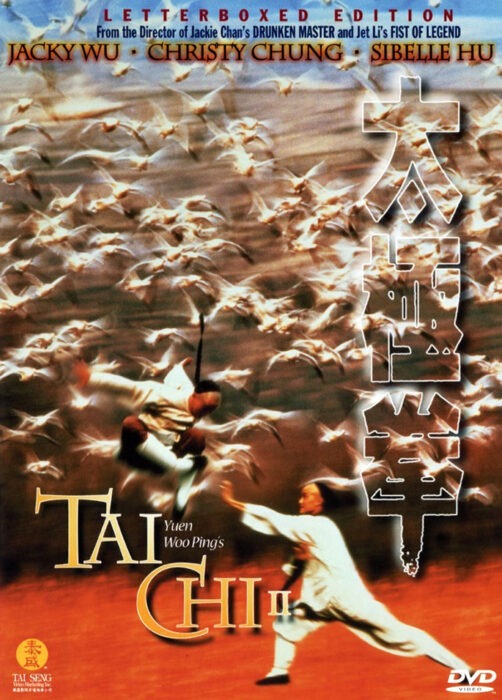
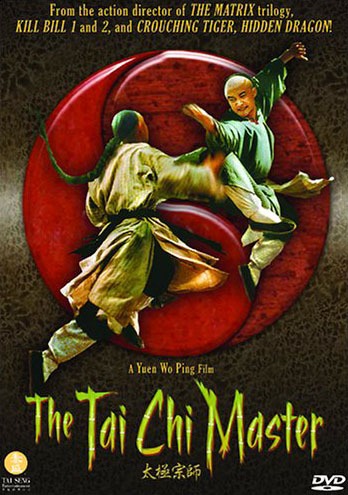
Весна: возрождение - с 2005 по 2014
Часто говорят, что если вы хотите другого результата, иногда все, что вам нужно сделать, — это посмотреть на проблему другим взглядом. После семи лет ролей хорошего парня 2005 год дал зрителям новый взгляд на Джеки Ву – тот, который увидел в нем злодея. «SPL» режиссера Уилсона Ипа («Зона убийства», как его переименовали в США) оказался значимым гонконгским фильмом во многих отношениях. После прозябания на второстепенных ролях в прошлом, «SPL» станет для Донни Йена первой главной ролью в гонконгской индустрии после снятых им самим трех фильмов в 1997 и 1998 годах, и возвращение звезды показывало его, как человека, выполняющего определенную миссию. После того, как в 2003 году тайский феномен «Онг Бак» стер некогда знаменитый экшен-кинематограф Гонконга в порошок, Йен захотел сделать фильм, который вернул бы его в игру, и "SPL" должен был стать им.
Несмотря на то, что три звезды китайской астрологии, на которые "SPL" отсылает в названии, представлены Донни Йеном, Саммо Хуном и Саймоном Ямом, именно Цзинь в роли правой руки персонажа Хуна, участвует в самой запоминающейся сцене - драке в переулке против персонажа Йеном, предшествующей финалу. Бой, включающий работу с ножом, которым размахивает Цзинь, и выдвижной полицейской дубинкой Йена по праву считается классикой на все времена. Быстрый, брутальный и содержащий моменты спонтанной хореографии, он стал возможен только благодаря двум мастерам боевых искусств, демонстрирующим вершину своего мастерства. Образ Цзиня в белом костюме и его копна окрашенных в светлый цвет волос стали настоящим экшен-откровением. Сам бой был спародирован 15 лет спустя в фильме Донни Йена «Выход толстого дракона», где Филип Нг сыграл роль Цзиня, и он гарантированно будет участвовать в любой дискуссии о величайших боевых сценах, которые украшают экран.
Роль Цзиня оказалась прорывом, которого он искал, и в течение следующих девяти лет он участвовал в общей сложности в 16 проектах в период с 2006 по 2014 год (не считая его работы на телевидении). Застройщик, ставший самопровозглашенным режиссером Деннис Лоу был первым, кто заметил потенциал Цзиня, и сразу же доверил ему статус главной роли в фильме «Фатальный контакт» 2006 года, где, стоит отметить, была его первая коллаборация с частым хореографом боев (и бывшим участником команды каскадеров Джеки Чана) Никки Ли. Несмотря на то, что «Фатальный контакт» был малобюджетным, было приятно видеть Цзиня в главной роли в современном фильме, а хореография успешно оформила и заставила расцвести его ушу в характерный современный стиль кикбоксинга Ли с добавлением тросов.
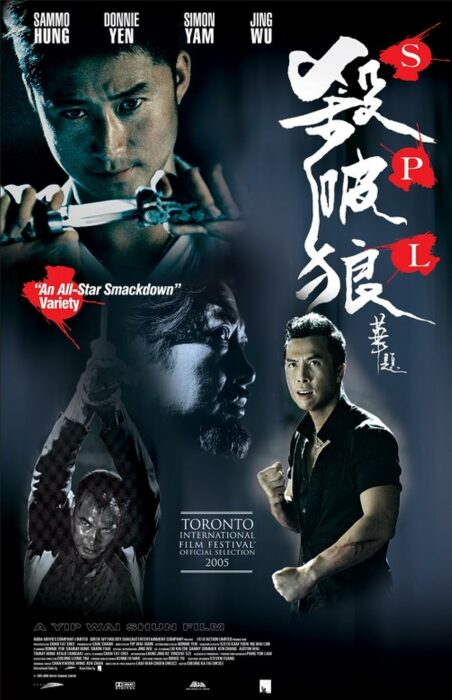
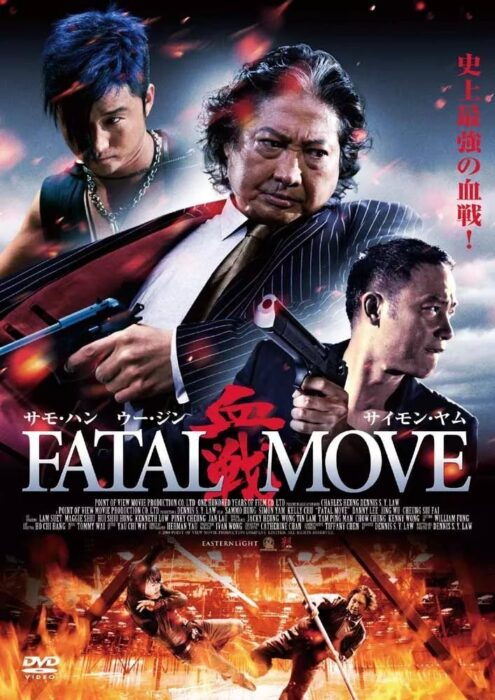
Однако "SPL" возродил не только карьеру Цзиня, Саммо Хун также насладился возрождением, проведя первую половину 2000-х годов, снимаясь в одной кассовой бомбе за другой. Фильммейкеры обратили внимание на их партнерство в "SPL" и стремились воссоздать эту динамику с разными результатами. Сначала они воссоединились как пара шаолиньских монахов, которым было поручено присматривать за волшебным талисманом в фильме «Миссия близнецов» 2007 года, который, как следует из названия, на самом деле является бенефисом популярного кантопоп-дуэта близнецов (Чарлин Чой и Джиллиан Чун, которые на самом деле не близнецы, но в фильме играют близнецов). Довольно смущающее событие для всех вовлеченных, но гораздо более эффективным было воссоединение Цзиня с режиссером Деннисом Лоу и хореографом Никки Ли для фильма «Фатальный шаг» 2008 года. Перерабатывая то, что изначально должно было стать приквелом к "SPL", Лоу все же сумел убедить Саммо Хуна и Саймона Яма вернуться в качестве других персонажей и создал историю, в которой отчетливо чувствуются отголоски "Звездах судьбы". В «Фатальном шаге» Хун возвращается в качестве босса триады, только здесь он собирается уйти в отставку, а члены банды Цзинь (его светлые волосы здесь заменены синим гребнем на один глаз) и Ям - в качестве потенциальных преемников. Как и в предыдущем фильме Лоу и Цзыня, хореография Ли дает Джеки множество возможностей и свободы, обычно с мечом в руке. Единственным недостатком является решение Лоу забрызгать каждую боевую сцену ведрами полными неубедительной CGI крови.
Однако главным преимуществом «Фатального шага» является то, что, в отличие от "SPL" и «Миссии близнецов», здесь Цзинь и Хун сразятся друг с другом в финале. Причина этого типична для недостатков Лоу как рассказчика, который создал сценарий, в котором банда оказывается окруженной полицейскими, поэтому вместо того, чтобы быть арестованными, пара решает драться друг с другом до смерти, чтобы увидеть, кто выйдет победителем. Эта дуэль, в которой Хун размахивает стальным шестом против владеющего мечом Цзиня, несмотря на то, что она не достигла высот боев Цзиня или Хуна против Донни Йена тремя годами ранее, выглядит достаточно удовлетворительно.
Действительно, именно 2008 год оказался самым значимым годом в этой эпохе фильмографии Цзиня, а также самым загруженным для него: всего он снялся в четырех проектах. В дополнение к «Фатальному шагу» он также сыграл второстепенную роль в гонконгской комедии «L как любовь, L как ложь», однако будут следующие несколько проектов, которые продемонстрируют его амбициозную сторону. В паре с Никки Ли он дебютировал в качестве режиссера в фильме «Легендарный убийца», в котором он также сыграл главную роль. Играя убийцу, который застрял на одном из внешних островов Гонконга из-за приближающегося тайфуна после совершения убийства, становится ясно, что режиссура - это не тот талант, который свойственен Цзиню или Ли от природы, однако им все же удается создать достаточно крепкий экшен-фильм. История вращается вокруг того, как Цзинь связывается с местным полицейским, которого играет Селина Джейд, - она оказывается в опасности, когда гангстеры приходят, чтобы отомстить за убийство своего босса. Интересно, что финал, похоже, отсылает зрителя к «Матрице революция», где Цзинь вынужден сражаться с десятками одинаково одетыми нападающими во время пропитанной дождем ночи, предпочитая больше полагаться на свои навыки ударов ногами, чем на ушу, что придает ему совершенно иной вид, чем его обычный подход к экшену. «Легендарный убийца» определенно не взорвал кассовые сборы и был далек от того, чтобы стать сильным дебютом с режиссерской точки зрения, но эти факторы привели к тому, что Цзинь оставался перед камерой до конца десятилетия.
Именно во время рекламного периода «Легендарного убийцы» Цзинь оказался втянутым в некоторые разногласия с гонконгским сообществом боевых искусств, особенно с практикующими вин чун. Когда его спросили о продолжавшемся в то время споре о том, чей проект должен иметь право называться "Ип Ман" – Уилсона Ипа или Вонга Кар Вая: у обоих были фильмы о жизни мастеров вин чун, которые (в реальности фильму Кар Вая потребуется еще 5 лет до релиза) должны были выйти в 2008 году, Цзинь ответил: «Впервые я узнал это имя из прессы о конфликте из-за съемок фильмов о жизни Ип Мана. Я подумал: «Кто этот человек, из-за которого такой ажиотаж?». Его явное незнание Ип Мана оскорбило продюсера и мастера вин чун Син Квок Лама, который бросил вызов Цзиню на бой либо с мастером кунг-фу Деннисом То (который, по иронии судьбы, сыграет самого Ип Мана два года спустя) или Виви Ли - знатока вин чун.
В конечном итоге из этого вызова ничего не вышло, и оскорбление Цзинем некоторых слоев гонконгского рукопашного сообщества, возможно, было своевременным. В конце нулевых, когда материковый Китай переживал экономический бум, кинематографический ландшафт начал меняться: сотни мультиплексов были построены благодаря растущему среднему классу, который любил ходить в кино. Вскоре Голливуд осознал тот факт, что потенциал кассовых сборов фильмов можно значительно увеличить, обратившись к китайской аудитории и именно отсюда зарождается совместное производство Китая и Голливуда. Эти проекты конца 2000-х и середины 2010-х годов, снятые до того, как отношения между двумя странами ухудшились, обычно на первый взгляд выглядели как крупнобюджетные голливудские проекты, но в их бюджет были вложены значительные китайские инвестиции. Компромисс означал, что китайские звезды обычно появлялись в ролях второго плана, и, как правило, некоторые части фильма находили предлог для того, чтобы их действие происходило в Китае, и все это означало кассовые сборы для обеих сторон. Так было с третьей частью франшизы «Мумия» под названием «Мумия: Гробница Императора Драконов». В то время как Брендан Фрейзер и компания проводят большую часть своего времени, имея дело с императором, которого играет еще один светила ушу в лице Джета Ли, здесь Цзинь получает короткую роль убийцы, предлагая свое первое появление в крупнобюджетной голливудской франшизе. Кстати, в 2013 году «Железный человек 3» от Marvel также был совместным производством Голливуда и Китая, и Цзинь снял боевую сцену, которая должна была быть показана в распространяемой в Китае версии фильма, но в конечном итоге она пропала без вести из всех известных копий. Назовите это сценой в голове Джеки Ву!
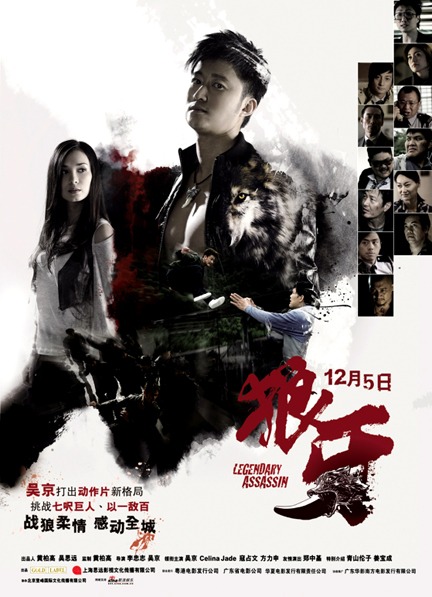
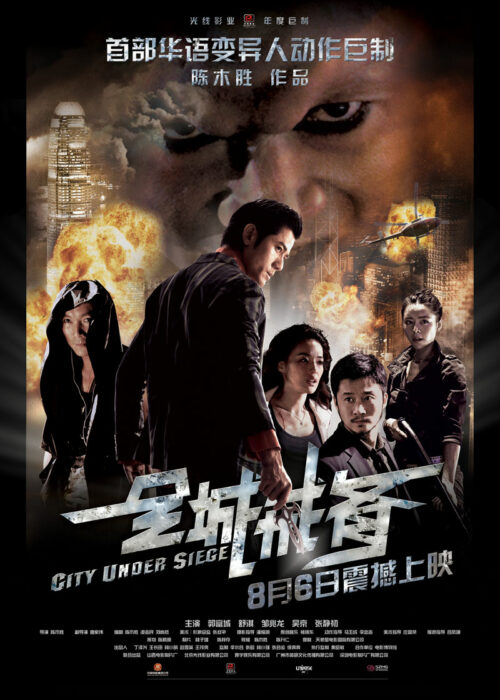
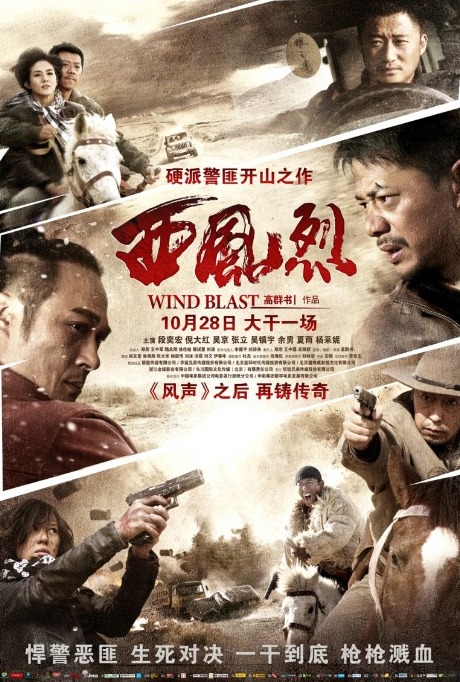
До 2008 года Цзинь вернулся в роли злодея в боевике Бенни Чана «Невидимая мишень». Это был крупнобюджетный фильм с участием звездного на тот момент трио Николаса Це, Шона Юэ и Джейси Чана, и он дал Цзиню самую широкую известность с точки зрения выдающихся ролей. Опять же, в паре с хореографом Никки Ли, хореография мудро отдает дань уважения его талантам в боевых искусствах, требуя, чтобы все трое протагонистов объединились, чтобы победить его во время насыщенного экшеном финала. «Невидимая мишень» ознаменует появление Цзиня в нескольких проектах Бенни Чана, обычно в запоминающихся ролях второго плана, включая «Город в осаде» 2010 года и «Шаолинь» 2011 года.
В частности, что касается «Города в осаде», хотя это, пожалуй, самый невыносимый фильм во всей фильмографии Бенни Чана, пара Цзинь и Чжан Цзинчу в роли полицейских охотников на мутантов с материка, является единственной причиной его посмотреть. Их сцены дают представление о том, каким должен был быть фильм: агенты, обладающие превосходными навыками кунг-фу, готовы в любой момент применить их против любого ничего не подозревающего преступника-мутанта, но на самом деле они играют второстепенную роль в ужасно сыгранном романе между Аароном Квоком и Шу Ци. С другой стороны, в то время как «Шаолинь» предложил не одну, а целых две мечты любой зарождающейся звезды боевых искусств – хореографию Кори Юэня и возможность играть вместе с Джеки Чаном – роль Цзиня кажется в основном формальной во многом таким же образом, как это было 10 лет назад в «Легенде о воинах Зу» Цуя Харка.
Подъем киноиндустрии материкового Китая дал Цзиню возможность начать отходить от Гонконга, и через три года после его (непреднамеренных) противоречивых комментариев об Ип Мане в 2010 году он опубликовал длинное заявление на ныне несуществующем сайте wu-jing.org (полный текст заявления все еще можно прочитать в интернете). В нем он выразил свою обеспокоинность по поводу работы в Гонконге, сказав, что он «в течение долгого времени прятался то за одним, то за другим новым комплектом одежды, играя милого гонконгского парня, и я чувствую, что потерял самообладание». Раскрыв, что ему предложили главную роль солдата в китайской ТВ-драме на военную тематику, он продолжил объяснять свои конфликты вокруг «различиями между кинозвездами и ТВ-звездами», заключив, что это было его «желание быть солдатом в молодые годы, и теперь у меня есть шанс выступить в роли солдата, чего тут сомневаться? Зачем беспокоиться, фильм ли это или сериал, если у вас есть возможность создать желаемый художественный образ…».
Главная роль, о которой идет речь, была в фильме «Специальное оружие» 2012 года, но еще до того, как взяться за нее, Цзинь уже начал появляться во все большем количестве материковых проектов с второстепенными ролями в таких фильмах, как «Вихрь» 2010 года (редкая попытка материка сделать боевик в гонконгском стиле) и комедии «Любовная тактика». Эта тенденция продолжится, когда он снова появится вместе с Джетом Ли в фильме «Жетоны ярости» 2013 года (совместное производство с Гонконгом) и в фильме «Гуру расставания» 2014 года. Оглядываясь назад, можно сказать, что присутствие Цзиня в гонконгских проектах примерно в то же время заметно уменьшилось: лишние роли в таких фильмах, как «Кунг-фу киборг» 2009 года, «Еще один ящик Пандоры» 2010 года и «Магия победы» 2011 года являются показательными для актера, который потерял страсть, которая, очевидно, была у него в тот золотой период 2005–2008 годов.
К 2014 году курс Ву Цзиня, казалось, был установлен: он находил удовлетворение в главных ролях в китайских экшен-драмах на ТВ, женился на актрисе Се Нань (с которой он играл вместе в «Гуру расставания») и продолжал появляться во второстепенных ролях в местных материковых проектах. За почти 20 лет с момента своего дебюта он накопил солидное портфолио, даже если многие скажут, что он так и не получил того большого прорыва, которого заслуживал, как его современники Джет Ли и Донни Йен. Однако благодаря его ролям в таких фильмах, как «SPL» и «Фатальный контакт», Цзинь, по крайней мере, запомнился как крепкий экранный боец, который всегда добивался результатов, а бой в переулке в с Йеном всегда будет упоминаться как одна из величайших боевых сцены, когда-либо снятых. Джеки Ву, возможно, завершил эту эпоху, отвернувшись от образа жизни гонконгских знаменитостей, но он оставил после себя солидный объем работ, которыми мы всегда можем наслаждаться, и ничто не может этого изменить.
Лето: восхождение - с 2015 по настоящее время
Чисто с точки зрения звезды кунг-фу фильмов достижение пика карьеры после 40 лет практически неслыханно, однако у Цзиня были другие идеи. Первоначально этот период карьеры Цзиня выглядел так, будто он не отвернется от гонконгской киноиндустрии, поскольку через 10 лет после его культовой роли в «SPL» ему предложили главную роль в тематическом сиквеле «SPL: Звезды судьбы 2». В паре с Тони Джа в истории с таиландским сеттингом, в которой они противостоят коррумпированному тюремному надзирателю, которого играет еще один мастер ушу Макс Чжан, сиквел дал Цзиню его первую главную роль в гонконгском проекте после срежисированного им самим дебюта «Легендарный убийца» 7 лет назад. Ожидание того стоило, поскольку режиссер Чин Поу-Сой показал фигуру Цзиня как на актерском, так и на боевом фронте, заставив многих поверить, что его роль может стать тем прорывом, которого ждали фанаты.
Однако "SPL 2" оказался скорее лебединой песней для его эпохи в Гонконге, чем возвращением, и хотя Цзинь продолжал играть второстепенные роли, воссоединившись с режиссером Бенни Чаном в последующих годах в «Зове героев» (также как и участие снова вместе со своей женой в совместном производстве «Китайская одиссея 3»), казалось, что его время в Гонконге действительно подошло к концу. Для его поклонников это была двойная доза плохих новостей, поскольку он не только отвернулся от того, что многие поклонники боевиков считали духовным домом жанра, но и поделился фотографией с больничной койки, раскрывающей, что ему сделали операцию на обеих ногах.
Несмотря на то, как все выглядело, оказалось, что на заднем плане сошлись несколько звезд. В 2014 году президент Си произнес свою знаменитую (или печально известную – в зависимости от вашей точки зрения) речь, в которой он призвал киноиндустрию сделать «патриотизм главной темой литературного и художественного творчества», открывая эпоху жанра «основной мелодии». «Основная мелодия» — это выражение, используемое для проектов, созданных с целью восхваления достоинств Китая как нации, коммунистической партии, которая правит им, и, конечно же, его вооруженных сил. После неудач Цзиня в гонконгской культуре знаменитостей и невозможности получить заслуженный перерыв, эта речь казалась призывом к сплочению, и он решил еще раз сесть в режиссерское кресло (на этот раз на своей родной земле), чтобы сделать то, что станет «Войной волков» 2015 года.
Хотя до «Воины волков» вполне могли быть выпущены и другие проекты, с точки зрения популярности этот фильм многими считается первым проектом «основной мелодии», который полностью воплотил в себе пожелания президента Си, по сути, являясь 90-минутным рекламным роликом крутизны китайских вооруженных сил. Цзинь берет на себя главную роль, играя солдата, которого повысили до дивизии Волков, и в конечном итоге ему приходится сразиться с группой иностранных наемников, планирующих создать вирус, должный истрибить китайский народ. Сам фильм представляет собой довольно слабое произведение, в том числе и потому, что Скотт Эдкинс в роли злодея был потрачен впустую (чему способствовал тот факт, что Эдкинс в то время был травмирован), однако «Война волков» стал проектом, который превзошел такие детали, став больше о том, что он и представляет, чем о том, действительно ли это хорошо или нет.
Откровенно ура-патриотический тон и полное отсутствие утонченности, возможно, раздражали многих некитайских зрителей (этот фильм завершается фразой, почти, что ломающей четвертую стену: «Тем, кто угрожает решимости Китая, негде будет спрятаться!»), но в Китае фильм стал почти что олицетворением китайской гордости. Вскоре конфронтационный стиль китайской политики стал называться «дипломатией воинов-волков», причем сами политики гордились этим прозвищем, возможно, не в большей степени, чем Лу Шэй, который стал известен как дипломат-воин-волк за свои противоречивые прокитайские взгляды. Для Цзиня, после стольких лет борьбы в Гонконге, он практически в одночасье стал лицом китайской гордости.
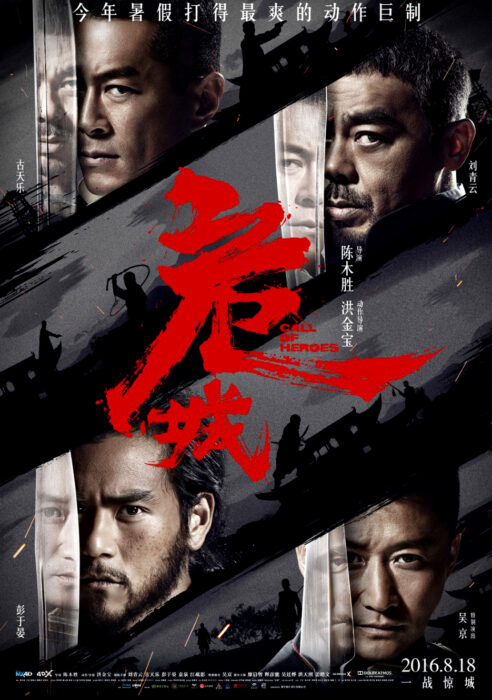
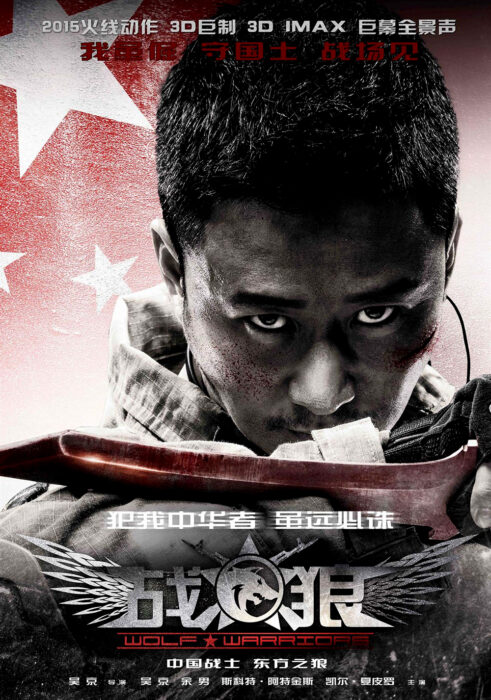

Сиквел сразу же получил зеленый свет, и с увеличенным почти втрое бюджетом вышел в 2017. По иронии судьбы к работе были привлечены голливудские таланты, такие как Фрэнк Грилло в качестве главного злодея и Сэм Харгрейв для помощи в реализации экшен-составляющей. И это удалось: «Война волков 2» представляет собой невероятно увлекательную поездку по Африке (первый из многих китайских фильмов, в которых континент упоминается так, как если бы это была страна). Повысился не только уровень экшена, ура-патриотические тона также были усилены на ступеньку выше, начиная со слогана фильма, который буквально гласил: «Тот, кто нападет на Китай, будет убит, независимо от того, как далеко находится цель». По крайней мере, они честны. Продолжение заканчивается причудливой финальной сценой, в которой просто показано изображение китайского паспорта вместе с сопроводительным текстом: «Граждане КНР: Когда вы столкнетесь с опасностью на чужой земле, не сдавайтесь! Помните, за вашей спиной стоит сильная Родина».
Подобные сцены могут показаться похожими на те, что можно увидеть в северокорейском пропагандистском кино, и на самом деле это недалеко от истины. В марте 2018 года подразделение Национального управления радио и телевидения Китая (NRTA), роль которого заключается в утверждении любого контента, показываемого на китайских экранах, было переведено в состав Центрального отдела пропаганды КПК. Хотя этот шаг был воспринят как символ того, чего уже ожидали от киноиндустрии Китая после речи президента Си в 2014 году, этот перевод укрепил ожидания того, что основной целью любого кинопроекта должно быть прославление Китая, а фильмы Цзиня задали шаблон .
Но что самое неожиданное, так это то, что не от многих пропагандистских фильмов ожидались прорывы бокс-офиссов, но в Китае именно «Война волков 2» сделал это, став вторым фильмом в истории, который собрал 800 миллионов долларов на одной территории (первым был «Звездные воины: Пробуждение Силы» в США). В дальнейшем он выбил с первого места «Русалочку» Стивена Чоу, став последним гвоздем в гробу всех следов гонконгских талантов, имеющего влияние на кассовые сборы материкового Китая, а в дальнейшие годы последовал целый поток фильмов, восхваляющих военную мощь Китая. От крупнобюджетных фильмов вроде «Операция Меконг» Данте Лама и «Операция Красное море», до фильмов для интернет-кинотеатров, таких как «Контратака» (2021) с Винсентом Чжао и экшен сериал «Волки» (2022), если вы хотите, чтобы ваш экшен-фильм имел шанс на успех, военный фильм будет идеальным выбором жанра.
Сам Джеки Ву сказал в своем посте от 2010 года: «Прощай, желторотый школяр, я хочу посмотреть, смогу ли я вызвать примитивный импульс глубоко в своем сердце, смогу ли я стать солдатом?» Его желания сбылись, и после 20 лет попыток стать следующей суперзвездой кунг-фу фильмов, вместо этого Цзинь наконец-то нашел признание, которого искал, став самым узнаваемым лицом китайской кинематографической пропаганды. В то время как сразу после «Войны волков 2» он сыграл второстепенную роль в фантастической комедии «Лица моих генов» (и, если уж мы упомянули это, также стоить упомянуть причудливый тщеславный проект основателя Alibaba Group Джека Ма - короткометражку «Хранители боевых искусств»), быстро стало очевидно, что роль Цзиня заключалась в том, чтобы быть типичным главным героем в крупнобюджетных ура-патриотических блокбастерах.
Только в 2019 и 2020 годах Цзин сыграл астронавта, спасающего Землю в научно-фантастическом блокбастере «Блуждающая Земля», героического альпиниста Фан Учжоу в «Альпинистах», второстепенную роль солдата в фильме о корейской войне «Подвиг» и «поделился» своим именем в камео в слащавом политическом фильме «Мой народ, моя Родина». Хотя все эти проекты имели успех на китайской земле, а такие тайтлы, как «Блуждающая Земля» даже приобрели международную популярность благодаря релизу на Netflix, именно в 2021 году Китай сделал все возможное для мегабюджетной «Битвы на озере». Как и в «Подвиге», местом действия снова стала Корейская война, на этот раз повествующая о решающей битве 1950 года, в которой китайские войска оттеснили морскую пехоту США за 38-ю параллель. Разве в фильме о Корейской войне не нужны хотя бы корейцы, будь то актеры или хотя бы персонажи? Видимо, нет, если вы - страна Китай.
По заказу Центрального отдела пропаганды в рамках празднования 100-летия КПК правительство выделило головокружительный бюджет в 200 миллионов долларов, чтобы воплотить эту историю на экране, наняв режиссера пятого поколения Чэня Кайге, маэстро боевиков Данте Лама и гонконгского автора Цуй Харка в качестве режиссеров. Обычно проект под руководством одного из этого трио считается кинематографическим событием, поэтому участие всех троих в одном фильме было захватывающим предложением. Тот факт, что это должен был быть пропагандистский фильм о войне, созданный в честь 100-летия коммунистической партии, по понятным причинам вызвал множество смешанных чувств у фанбазы режиссеров. Конечно, на главную роль был только один выбор – Ву Цзинь. Как и ожидалось, «Битва у озера» побила все рекорды кассовых сборов в Китае, превзойдя «Война волков 2», и в 2022 году за ним сразу же последовал снятый подряд сиквел.
Спустя 25 лет после своего дебюта в фильме «Боксер Тай цзи» Цзинь оказался звездой двух самых кассовых фильмов Китая всех времен, а это означает, вполне возможно, что зрители, только что открывшие его, совершенно не подозревают, что когда-то он был одним из самых многообещающих талантов в гонконгском кунг-фу жанре. Успех «Битвы у озера» еще раз подтвердил статус Цзиня как главной звезды Китая, и в 2023 году он снова возглавил сиквел «Блуждающей Земли», что примечательно, потому что я уверен, что даже сам Цзинь никогда не думал о том, что он превзойдет своего коллегу по фильму - легенду из Гонконга Энди Лау в гонораре. Роль Цзиня в «Блуждающей Земле 2» означает, что он участвует в половине десятки самых кассовых китайских фильмов всех времён (остальные два — оригинал и «Битва у озера 2»), его появление практически является гарантией успеха.
Почти став вездесущим персонажем крупнобюджетного китайского кино, в 2022 году он также появился в камео в триллере об эвакуации китайских граждан «Возвращение домой» (надеюсь, персонажи этого фильма приняли к сведению паспорт из последней сцены фильма «Война волков 2») и снялся во второстепенной роли тренера в спортивной драме 2023 года «Китайский Пинг-понг». Неожиданно, но драма с Джеки Чаном в главной роли «Кунг-фу жеребец» предложила Цзиню редкую не ура-патриотическую роль второго плана, возможно, как знак признания его минувших дней в кунг-фу экшене. Что будет дальше с Цзинем в постоянно меняющемся мире китайского кино, еще будет видно. В 2017 году заключительная сцена «Войны волков 2» заверили нас, что скоро грядет триквел (Энди Лау, кстати, первым стал на очереди в проект как актер), однако шесть лет спустя от него не осталось и следа.
Одну теорию можно вывести, взглянув на подход, который мы видели в таких фильмах, как «Альпинисты», «Блуждающая Земля» и «Битва у озера», где кажется, что подход про одного человека в качестве героя потерял популярность у КПК. Теперь все дело в ансамблевых произведениях, где победа гарантирована только в том случае, если все китайцы объединятся ради общего блага, а это означает, что место для одиночного Воина Волка в нынешней кинематографической среде больше не является жизнеспособным, когда подчеркивается единый китайский дух. Как бы то ни было, Цзинь доказал свою приспосабливаемость со временем, возможно, особенно этим летом, когда он появится вместе с Джейсоном Стэйтэмом в фильме «Мег 2», в котором лучшие силы Китая и Америки столкнутся с челюстями Мегалодона (или нескольких из них, если верить трейлеру!). Поскольку это первая преимущественно англоязычная роль Цзиня, я уверен, что это приведет только к дальнейшему росту его популярности.
Текст перевел Айдос Нургазинов
Специально для Fight-Films.info
Метки: Бенни Чан, Джеки Ву, Джет Ли, Донни Йен, Никки Ли, Саммо Хун, Юэнь У-Пин



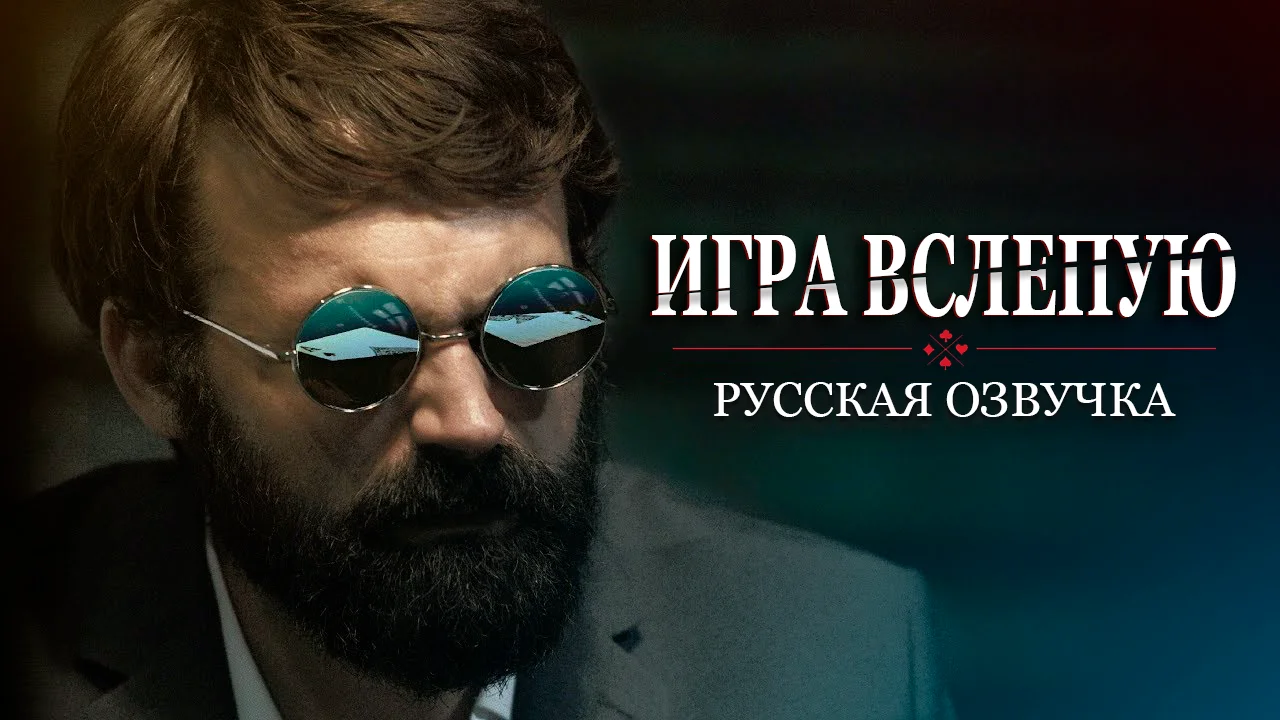
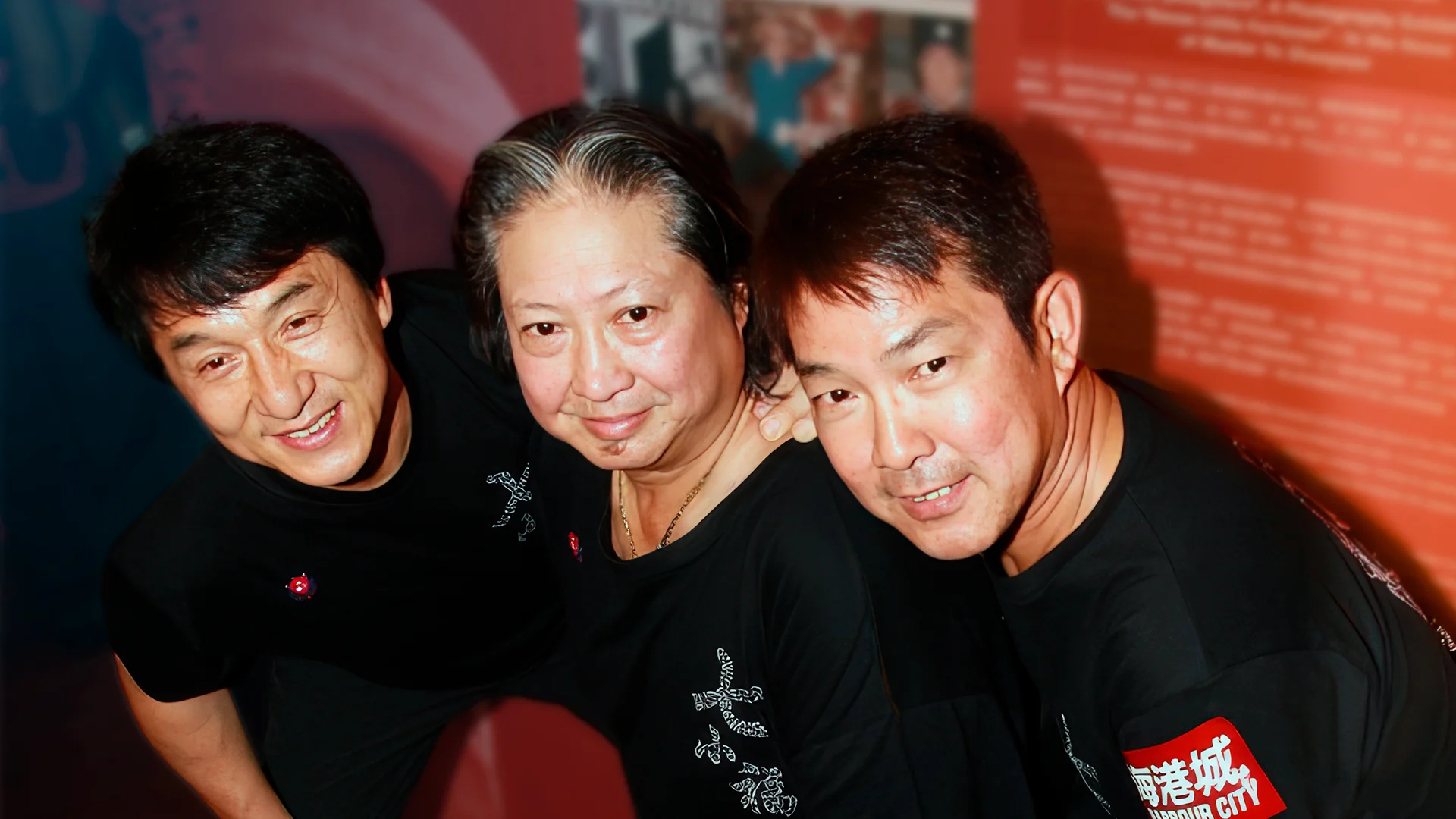

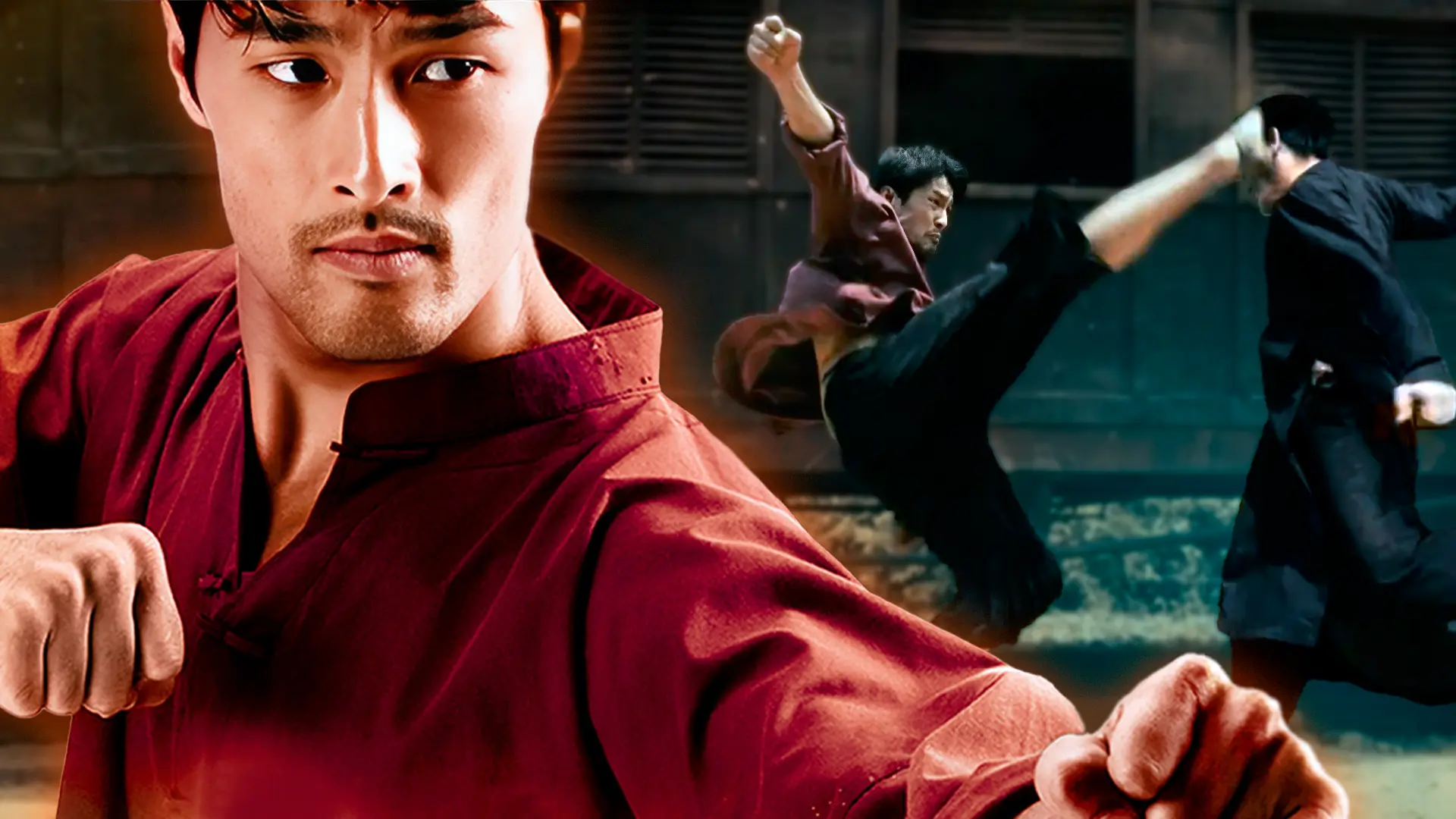
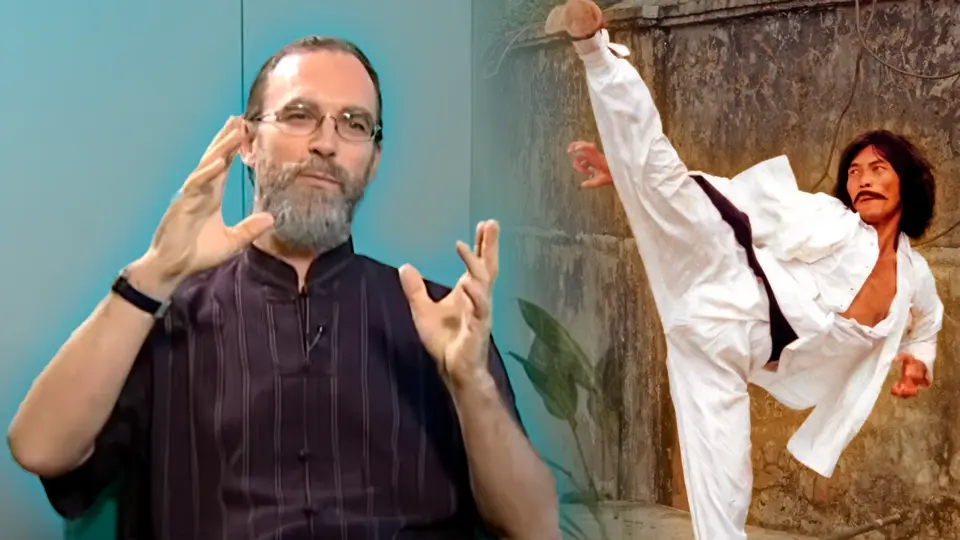
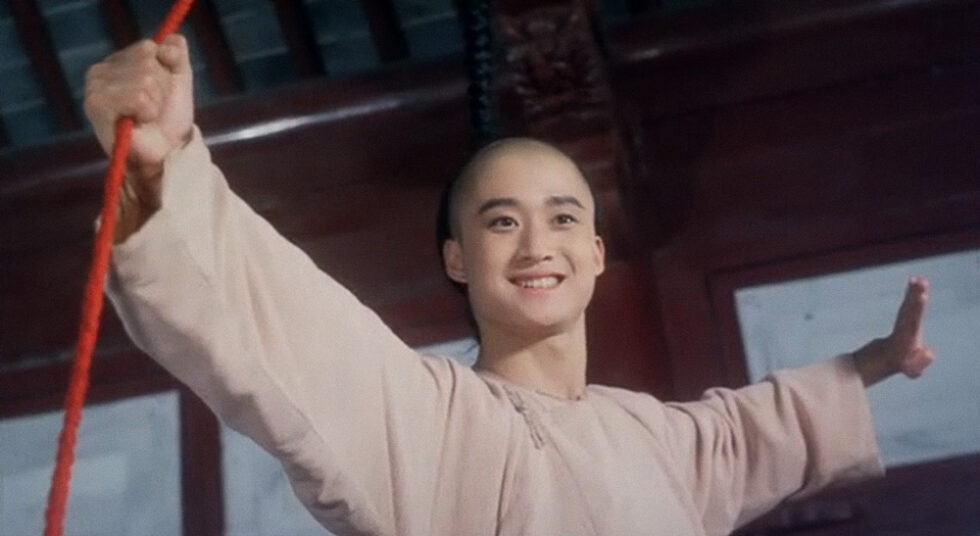
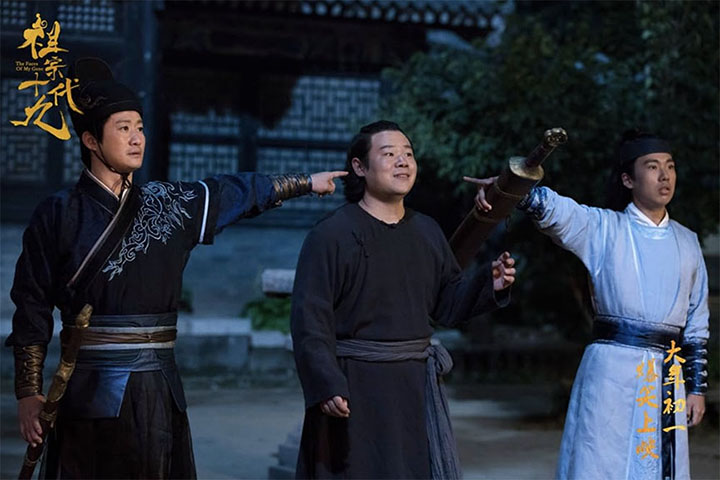

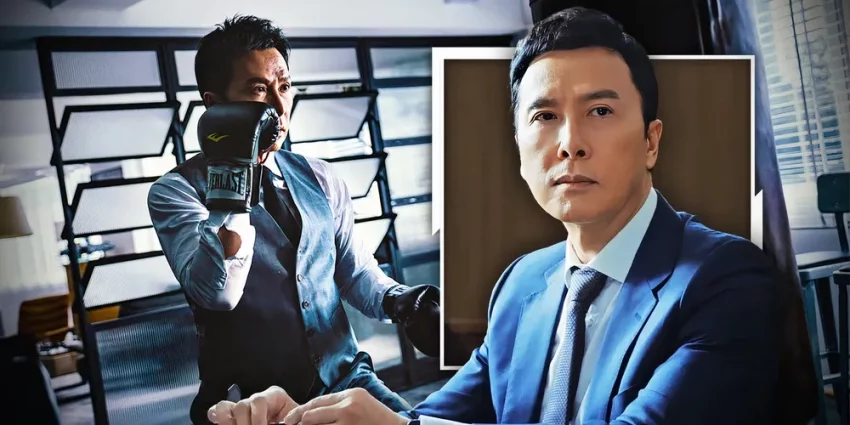
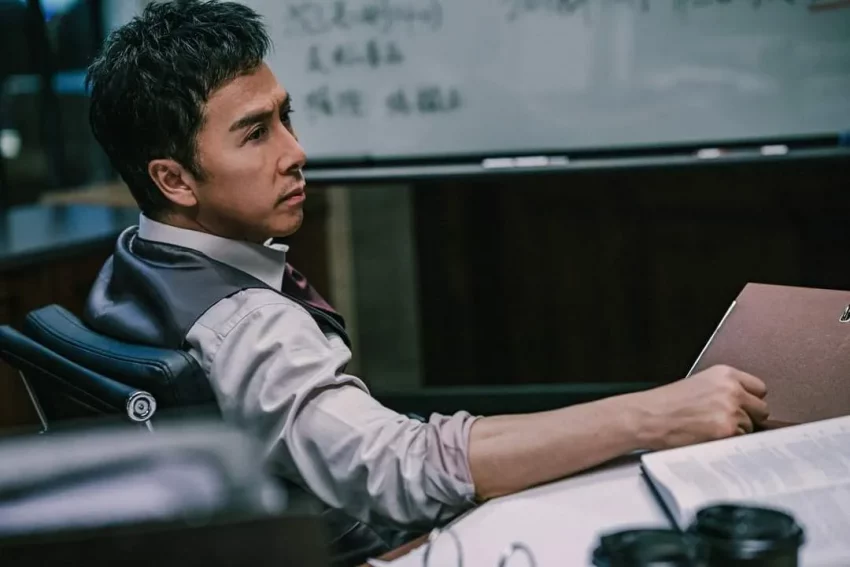
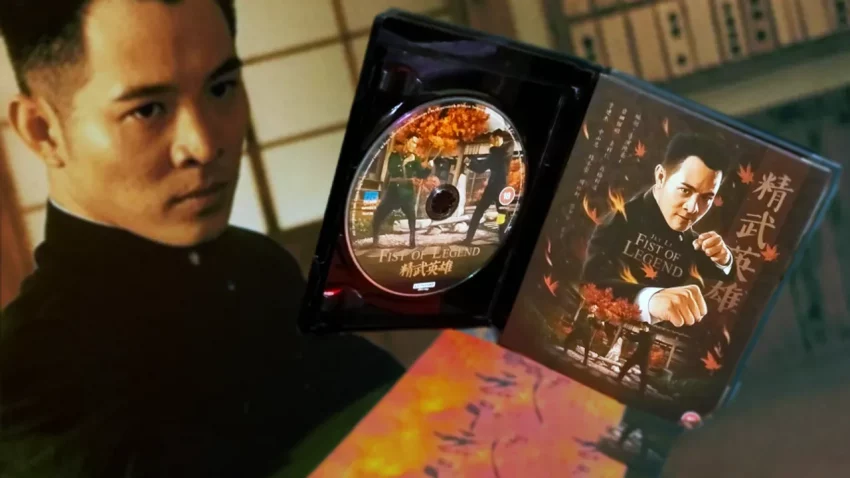
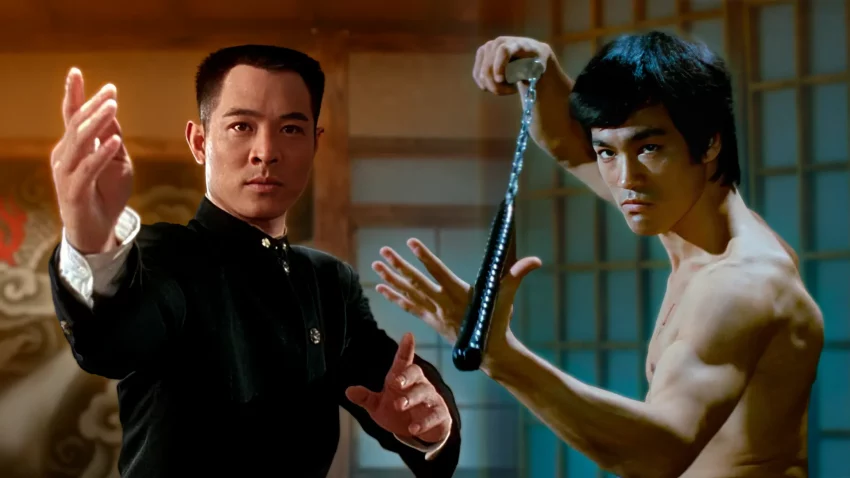
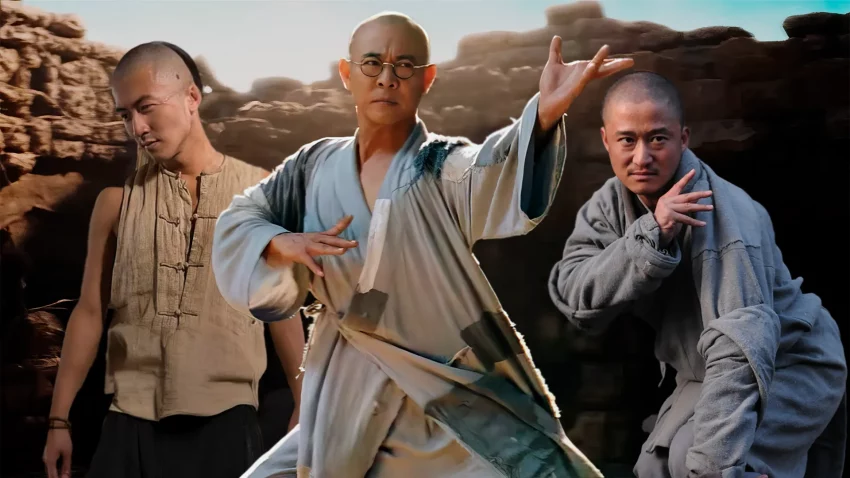
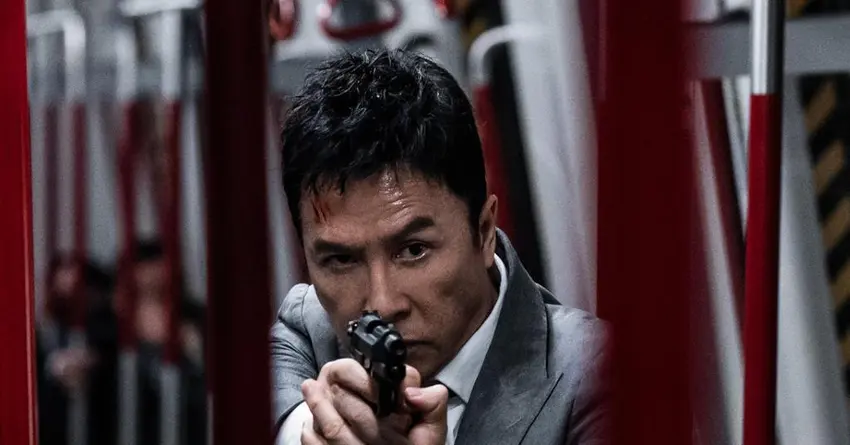
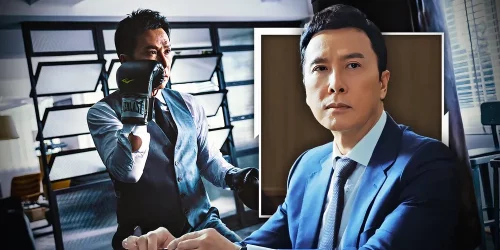
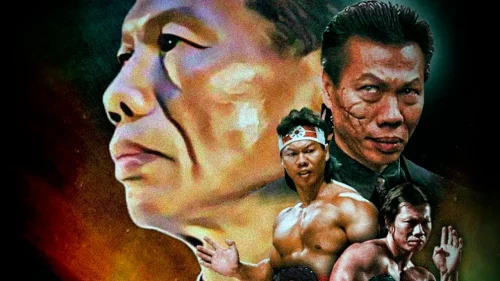

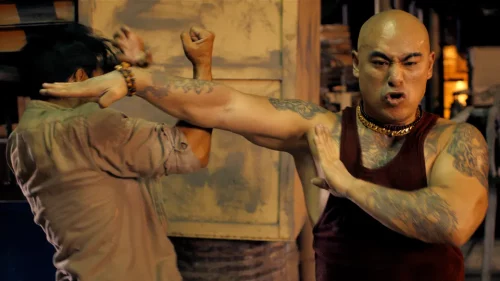
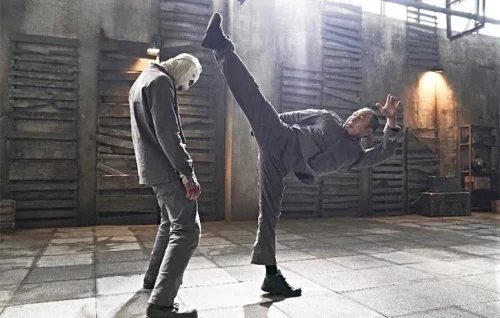
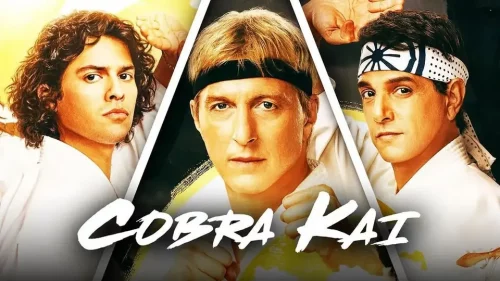
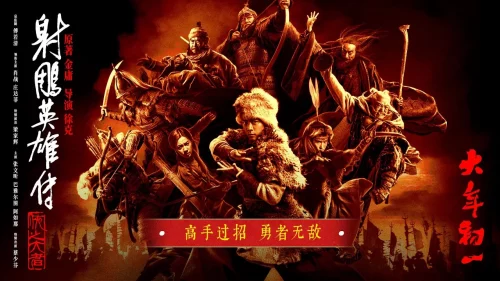
Вообще конечно интересная актерская карьера. Как martial arts актер не особо реализовался, но вдруг на старости лет стал любимцем партии и стал постоянным актером китайских патриотических блокбастеров. Это не плохо. И " Блуждающая земля" и "Подвиг" и "Водохранилище" зрелищные и крутые фильмы, но как актор Джеки конечно пока что осень средний. Хотя когда я и "Телохранителя" Саммо Хунга смотрел, вдруг понял, что в его лице возможно кинематограф потерял очень сильного актера
Согласен. Пока драму Джеки Ву играет не очень убедительно